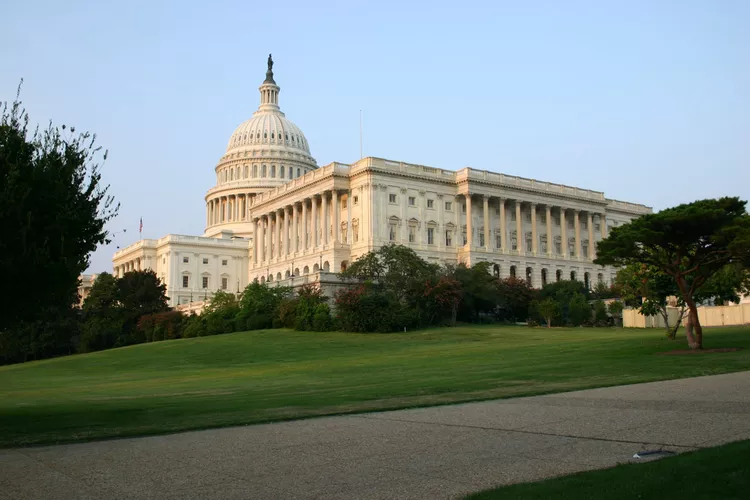China was less than $500 million ahead of Mexico as the leading customer for U.S. food and ag...
House Ag Committee Considers China’s Threat to U.S. Agriculture

What to do when your major adversary is also your biggest customer?
Congress has lots to say about China these days. The House Ag Committee dispelled any doubts about that when it hosted a nearly five-hour hearing titled, “The Danger China Poses to American agriculture.”
Committee Chair Glenn “GT” Thompson, R-PA, set the tone in his opening remarks, saying the Chinese government had gone out of its way to reduce its reliance on American agriculture. According to him, China has also been aggressively pursuing tactics that threaten the United States’ ability to feed itself.
“These threats are multifaceted, strategic, incendiary, and require a coordinated and proactive response,” Thompson said.
What followed was a hearing that was at times contentious, fairly mild by today’s standards. Many lamented China’s influence in agriculture while acknowledging its importance as the largest export market for U.S. farmers. While most everyone agreed that American agriculture would benefit from diversifying its export base, those efforts will likely take years to bear fruit. Even if they do, it would be next to impossible to replace the money famers make from exporting to China.
South Dakota Republican Governor Kristi Noem was the first to testify. She painted a bleak picture of the situation in her state, saying she has witnessed a “hostile communist country” work to take over the food supply chain.
Ranking member David Scott, D-GA, was among multiple lawmakers who cautioned against allowing fear of the Chinese government turning Americans against Chinese people. “This is about agricultural policy, not people policy.”
On multiple occasions, Scott also asked those testifying to share their thoughts on imposing additional tariffs on China. Presidential candidate Donald Trump has indicated he may exact tariffs of up to 60% on Chinese exports. These are even higher than the tariffs he imposed on China during his previous term in office.
American Soybean Association President Josh Gackle noted that China accounts for nearly $19 billion of the total $32 billion of American soybeans exported last year. According to him, the trade war between the U.S. and China in 2017 and 2018 cost the U.S. agriculture industry approximately $27 billion. By some estimates, soybeans accounted for 71% of those annualized losses. It also led to Brazil surpassing the United States as the world’s leading soybean exporter.
“As the United States considers actions to protect our national security interests, we must also maintain and protect our economic and trade interests as well,” Gackle said. “Soybean growers need predictability and certainty that we will retain market access in China.”
Others testifying before the committee included Mike Gallagher and Raja Krishnamoorthi from the House Select Committee on the Chinese Communist Party, former Treasury Department official Nova Daly and former U.N. Ambassador Kip Tom. Together they presented compelling cases for why Chinese activities in the U.S. should be more closely scrutinized.
Still, those fears don’t change the fact that China is currently a critical U.S. trading partner. Despite all the talk, the hearing ended with little agreement on how to move forward. Many members had already left for other appointments. The only thing everyone seemed to agree on was the need to do something different.
EDITOR’S TAKE:
The outcome from this hearing is not all that surprising. Our elected officials are often very good at telling us we have a problem, but not so good at determining what should be done. In their defense on this issue, it is quite a perplexing dilemma when our biggest adversary is also our largest customer for agricultural products. It is very concerning that China is snapping up agricultural land and food processing facilities. Losing control of our land base and our distribution infrastructure would be devastating. There is a strong argument to be made for much stricter controls for purchases of these entities by China or any other known adversary. China, in particular, has a problem with their ability to feed their population with their available arable land. We should treat them as a customer, but not allow them to take over our valuable ag assets. This would be a huge disservice to our farmers and consumers down the road. We must be much better strategic thinkers if we are to control our own destiny!







